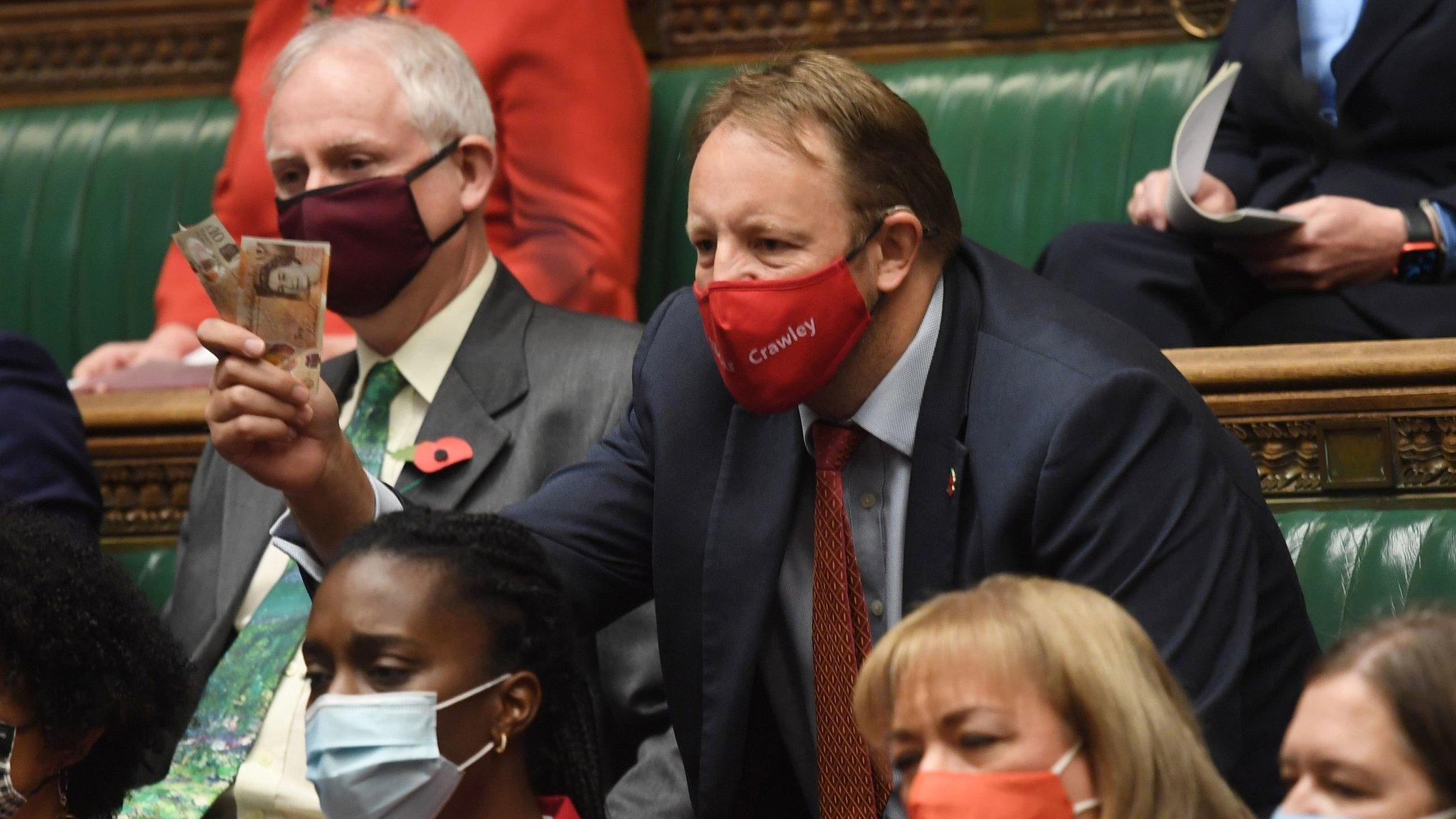Are allegations against PM more than tittle tattle?
- Published
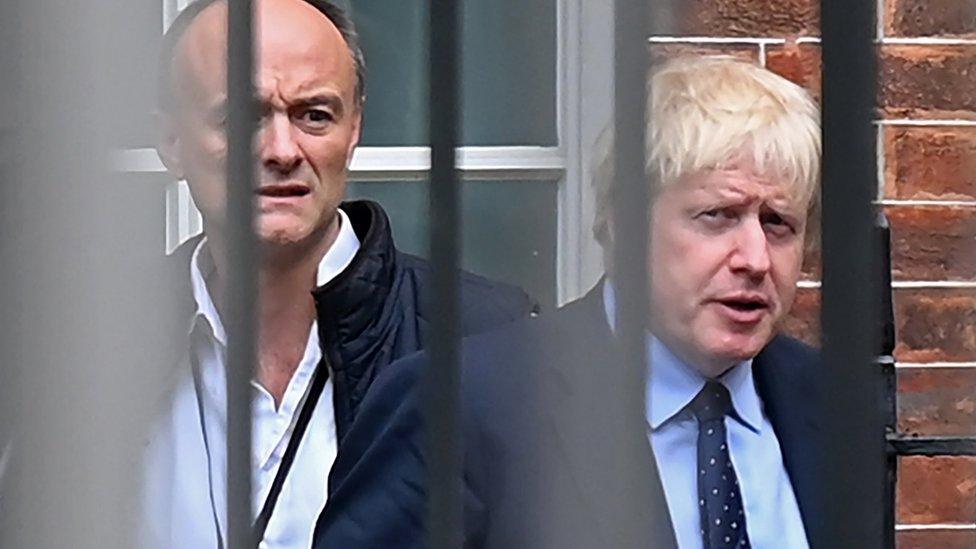
"Tittle tattle" - the dictionary defines the phrase as "idle chat" or "gossip". Westminster's lexicon provides a slightly different answer.
The phrase is used time and again by politicians trying to describe and often dismiss a situation that is politically messy and potentially dangerous. And it can also come in handy as a response when they have to answer questions about claims that they can't completely deny.
Profound private tensions between Tony Blair and Gordon Brown were often publicly labelled by Labour politicians that way. So was the rift between the Miliband brothers after they both ran for the leadership, with Ed the victor.
Cabinet ministers used the phrase often during some of the terrible moments of Theresa May's government to try to shrug off leak after leak that showed how broken things were on the inside - a situation that in the end resulted in her departure from office.
So when International Trade Secretary Liz Truss resorted to cries of "tittle tattle" at the weekend while answering questions about the current political Downing Street quagmire, don't assume the various claims and counter claims will disappear fast - and don't assume that they haven't raised some serious issues too.
As you know, when a situation is complicated, it can help to make a list:
The prime minister's former close adviser, Dominic Cummings, has already made some extremely serious claims about what Boris Johnson has done in office. But he knows more than he has yet revealed, and in his few public utterances since his bitter exit he has repeatedly implied that he has a lot more to say about the handling of the pandemic and what government got wrong.
The story about the prime minister and his fiancee's renovation of the Downing Street flat is not just about whether they went for rattan or antique pressed ferns (both apparently favourites of the designer who planned the work). There's a far more basic question which matters because politicians have to declare their finances, so we can be sure they are beyond reproach. So where did the money come from to pay the bill? Labour's already calling for a proper investigation into this - it could involve the law.
Allegations from Mr Cummings also point the finger at current Downing Street staff, accusing one of them, Henry Newman of being the source of a leak about the second lockdown, and accusing the prime minister of stopping the investigation into what happened because of Mr Newman's closeness to his fiancee. The Cabinet Secretary, Simon Case, is expected to be asked about this when he appears in front of MPs later.
After our story about text messages between the prime minister and businessman Sir James Dyson at the start of the pandemic, Boris Johnson promised he would publish texts and correspondence relating to Covid contracts. The opposition has the bit between its teeth and is working hard to pull all of these strands together to create an overall picture of a government that trades favours and doesn't respect the rules that provide the tramlines for public life.
There's an obvious practical implication too. When, as one official described it, "the centre is whirring" with all of this - the prime minister even said to be so angered by the situation that he made calls to newspaper editors to brief against his former adviser - it is impossible to imagine that the government is completely concentrating on the work it does on our behalf.
Each new snippet that emerges gives Labour another reason to push for a question in Parliament, or another line of inquiry at a public hearing that can make life awkward for ministers. That in turn takes up government time, focus and effort. Oppositions need opportunities. They have one now.
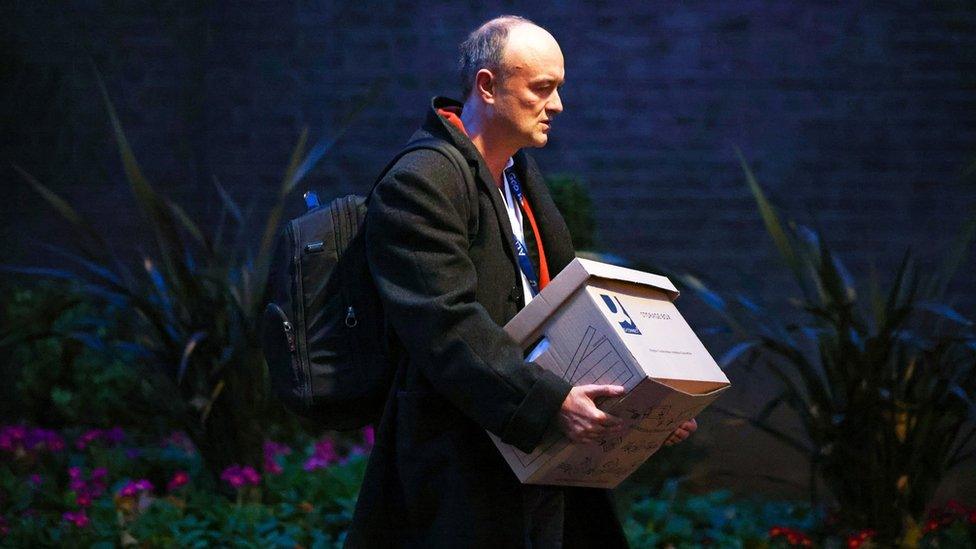
Dominic Cummings left Downing Street towards the end of last year
Many Conservatives believe the prime minister ultimately won't be damaged by any of this. A senior minister told me: "It's not about something that has a major policy implication now."
Mr Johnson's carefully cultivated persona before he entered Downing Street was of someone who wanted to push the boundaries, who didn't pretend he was free of flaws. Some of his allies are confident that less-than-perfect behaviour is therefore priced in. The gradual unlocking of the country, and the success of the vaccine programme, are more relevant than all of this.
But the idea that the Tory party just forget it all? Briefings against Mr Cummings, perhaps even carried out by the prime minister himself, have turned the key that opened a Pandora's Box. And whatever the specific details of each allegation, the question that truly matters in the end is how the prime minister is operating in office.
Mr Johnson may not have listened to Mr Cummings as the latter wanted him to in the months up to his departure in November. Those frustrations have now blown up in public. But the roots of this mess were visible long before, according to some.
One senior Tory told me: "Many people warned the PM from the beginning, despite Cummings' obvious strengths as a campaigner, that his character and mode of operating was simply not the right fit for governing - in particular the idea that he was the one who could help the prime minister to bring the country together.
"To be fair to Cummings, he never hid who he was. The PM needs to lead and to show who is boss - not cede power to everyone else from day one.
"All this matters because it speaks to judgment. Only Boris Johnson can change that going forward."
News moves fast, stories can fade. Yet this isn't just tittle tattle - but a moment of significant political risk.
Related topics
- Published26 April 2021
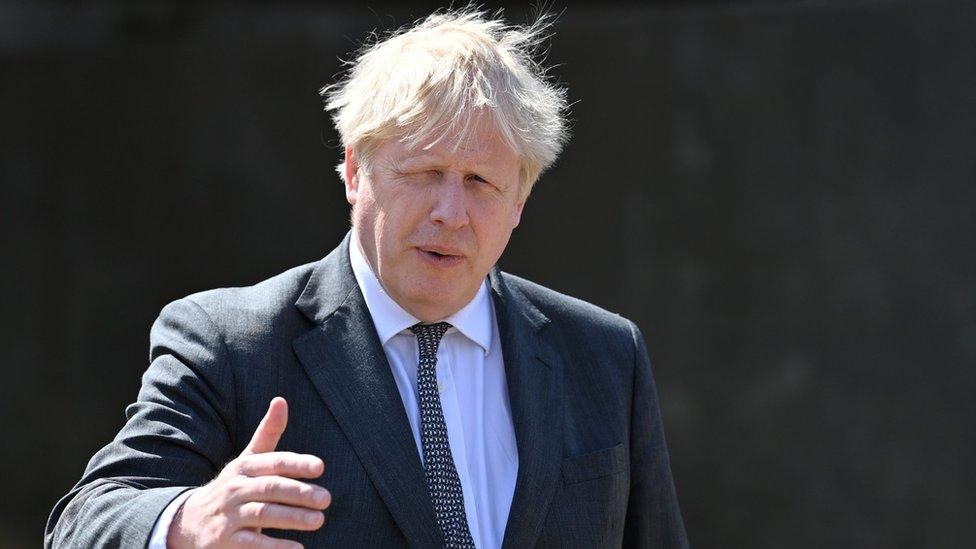
- Published25 April 2021
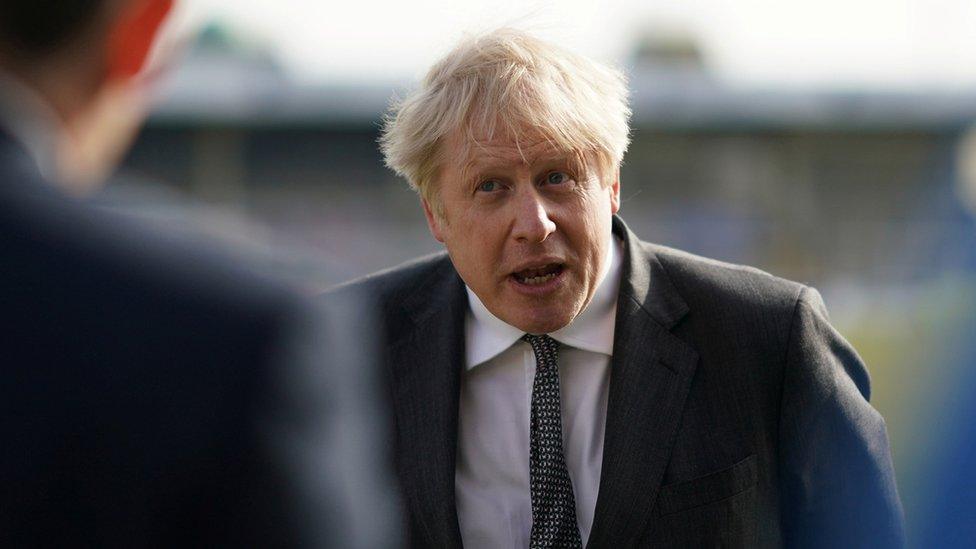
- Published23 April 2021
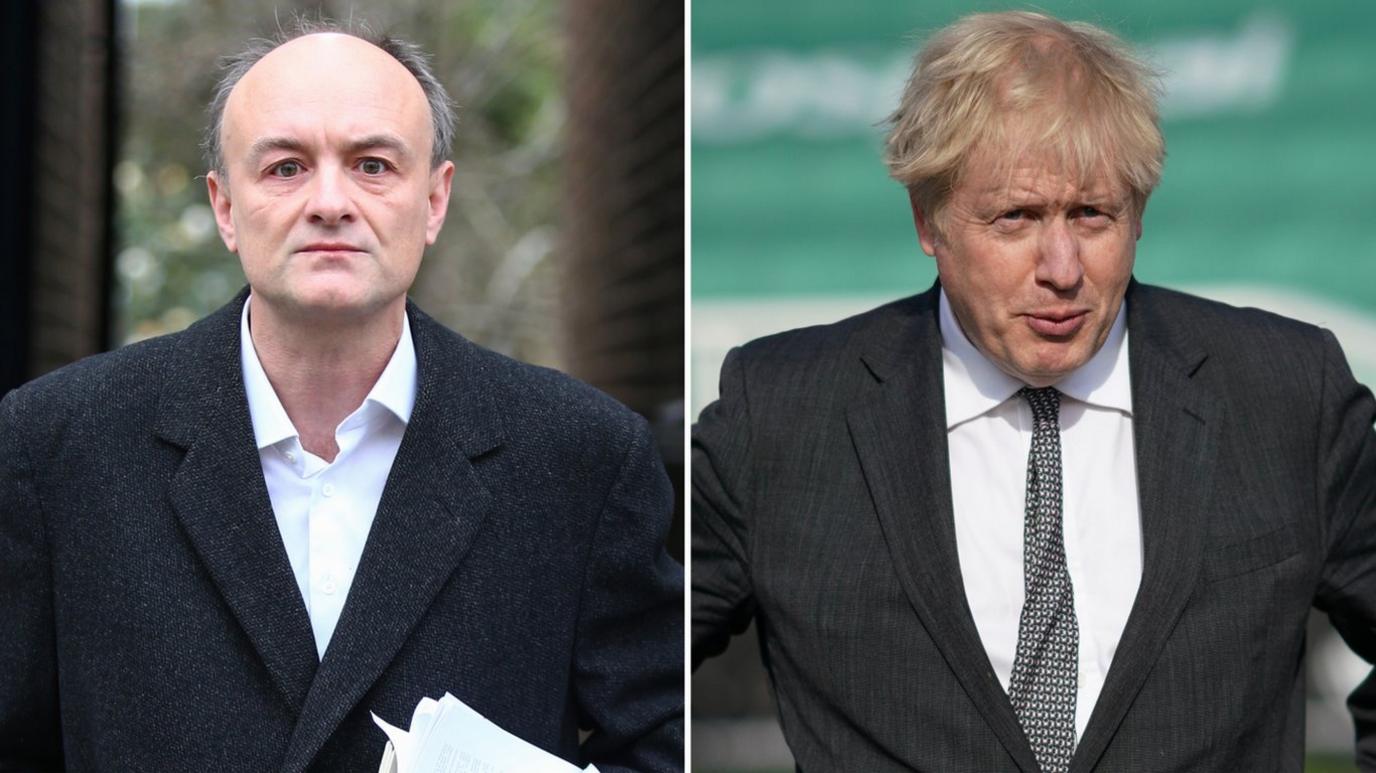
- Published7 January 2022
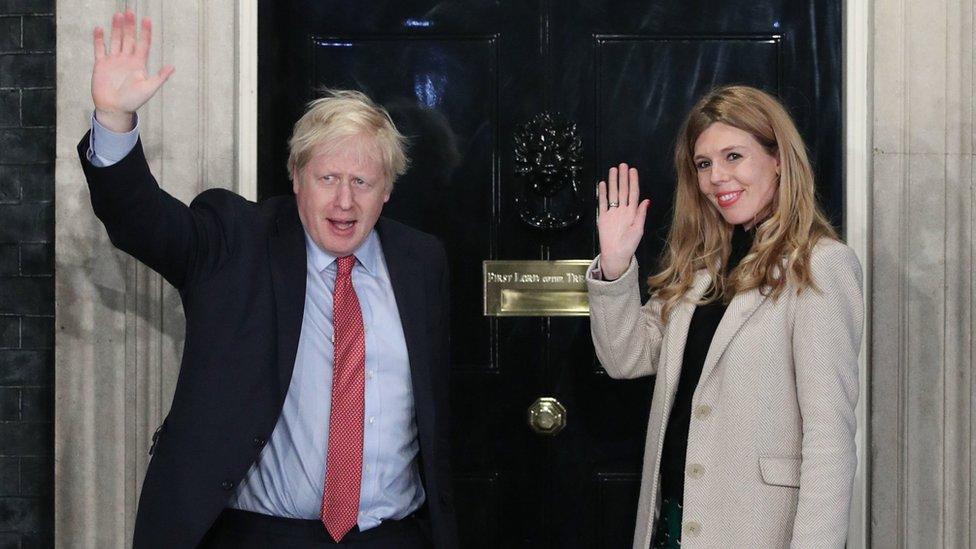
- Published23 April 2021

- Published5 November 2021
